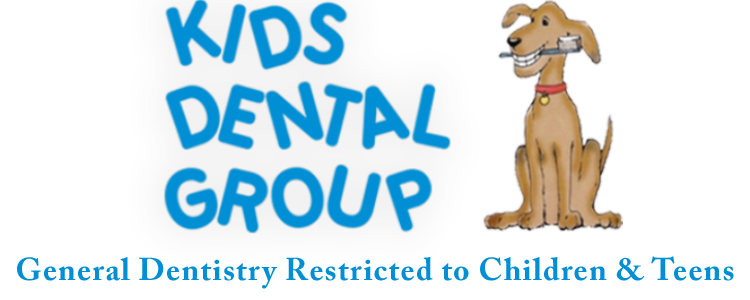
Patient Information
Prepare for Your First Visit
We look forward to meeting you and your child in our office. To make your first appointment proceed smoothly, please print out and complete the following New Patient forms to bring with you.



New Patient Packet (English)
Formulario de Paciente Nuevo (Spanish)
We accept most insurances, with the exception of HMOs. Kids Dental Group is not contracted with all insurances, so please check with your insurance provider or our office staff for information. Please bring all insurance cards to your appointment. Any copayment or coinsurance is due at the time of service. We accept checks, credit and debit cards, and CareCredit.
Monthly “No Cavities” Raffle
To encourage our patients to brush, floss, and keep their teeth healthy, we have raffle drawings twice yearly. In January and July, we draw names from the patients who have had no cavities for the past year. The prizes are surprises and are sure to make the winners show off their great smiles!

A Toothy Riddle:
What kind of glue do
you use to keep your
teeth together?
Answer:
TOOTH-PASTE!
Fun Fact
A horse’s teeth weigh more than its brain!

Call 559-582-3460 or contact us for your appointment today
Contact Us
Phone
Hours
Monday 8:30 AM – 4:45 PM
Tuesday 8:30 AM – 4:45 PM
Wednesday 8:30 AM – 4:45 PM
Thursday 8:30 AM – 4:45 PM
Friday Open for calls until 3:00 PM; No dentist available
Saturday Closed
Sunday Closed
